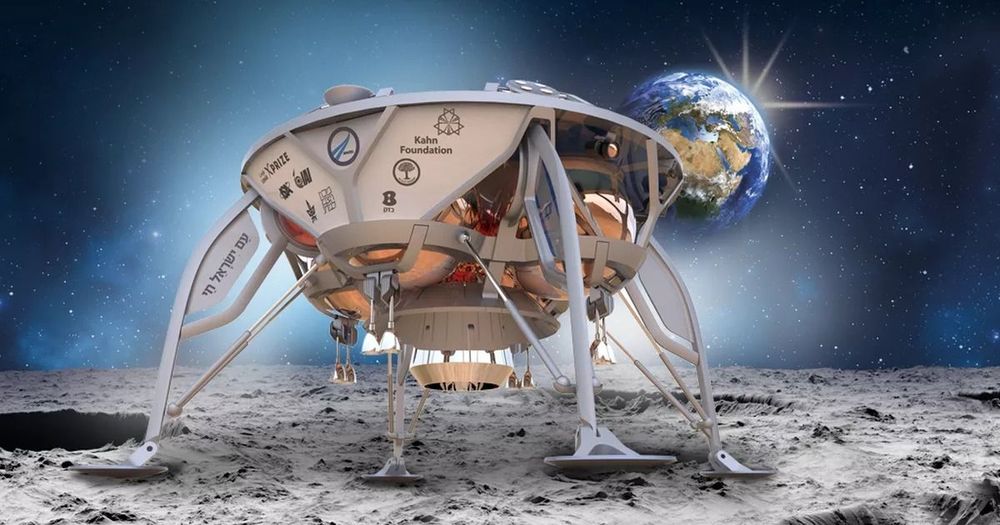Nuclear power has powered rockets for decades, but reaching deep space will require a big leap.
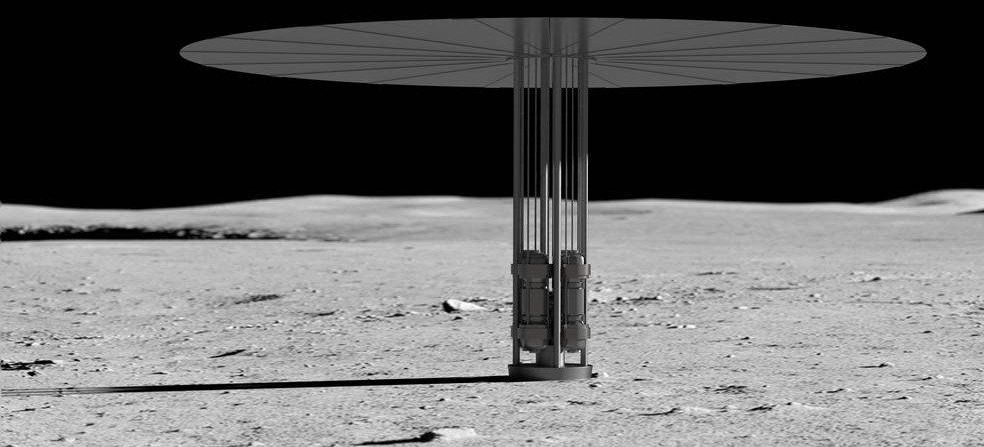

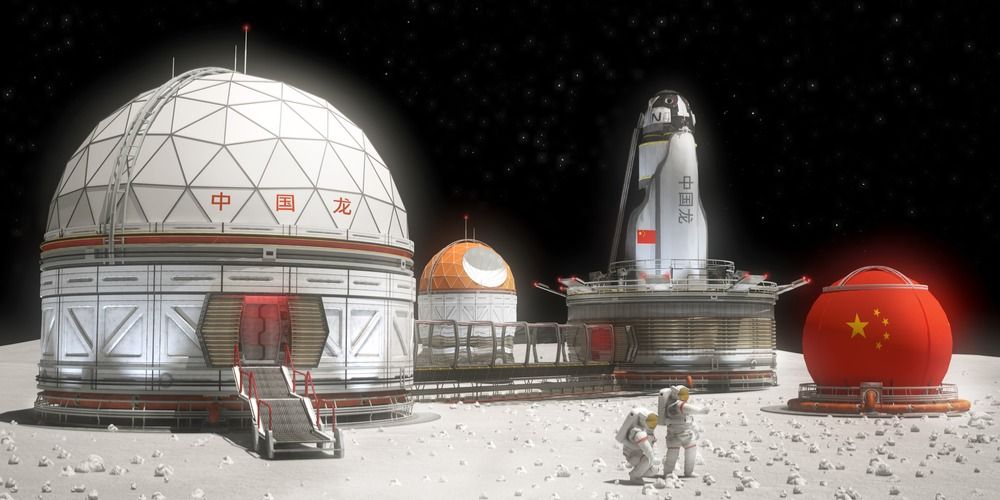
In January, the deputy head of the CNSA Wu Yanhua explained that Chang’e 5 and 6 would serve as missions to return samples from the moon while Chang’e 7 will survey the South Pole, this lunar area is of great interest for human colonies since holds water ice. Yanhua added that they hope Chang’e 8 will be able to test out some technologies and explore the moon to determine how to build a joint lunar base that multiple countries can share.
Once again, China is not the only one who wants to send humans back to the Moon. Both NASA and the ESA have plans in the works. The ESA’s new director-general, Jan Woerner introduced plans for a permanent Moon base in 2016. His ideal ‘Moon village’ would be home to a diverse set of people such as scientists and artists, as well as public and private organizations. The lunar base would serve many purposes such as astronomical research, tourism, or mining minerals.
Ariel Ekblaw, the founder of the MIT Media Lab’s Space Exploration Initiative, is also looking to “democratize space.” Thus, he has formed multi-disciplinary research groups studying everything from robotics and synthetic neurobiology to architecture, art, space, and even design.

He and Neil Armstrong were the first men to set foot on the moon as part of the Apollo 11 mission. Fifty years ago, Buzz planted the American Flag on the face of the moon. He has written 9 books, is a recipient of the Presidential Medal of Freedom and the Congressional Gold Medal, and is a tireless advocate for space exploration and discovery.

Longevity Vision Fund has exited stealth with plans to invest $100 million in startups with aspirations to extend healthy lifespans. The fund, which is linked to the founder of XPrize, will pump the money into biotechs and other longevity startups based around the world in seed to series B rounds.
Sergey Young, the founder of Longevity Vision, unveiled the fund at an event in London this week. Young is the cofounder of Peak State Ventures and an innovation board member at XPrize Foundation, a nonprofit known for running competitions to incentivize advances in fields including suborbital space flight.
At Peak State, Young and his colleagues invest in fields well outside of longevity, including property and education. But Young has established a foothold in the longevity space, leading to him becoming development sponsor of Longevity XPrize and a longevity partner at Bold Capital Partners.
For better or worse, robots with humanoid features are often compared to humans—we want to know if they’re anywhere close to doing the same kinds of things that we do, and with a few exceptions, the answer is “probably not.” Humanoid robots are difficult to build and program, but we keep doing it because it makes some amount of sense to have robots that look and function like we do operating in the same environments that we operate in. However, one of the great things about robots is that they don’t have to be constrained by the same boring humanoid-ness that we are, and we can do all kinds of things to them to make them more capable than we’ll ever be.
Leonardo augments humanoid legs with thrusters to help it run and jump.
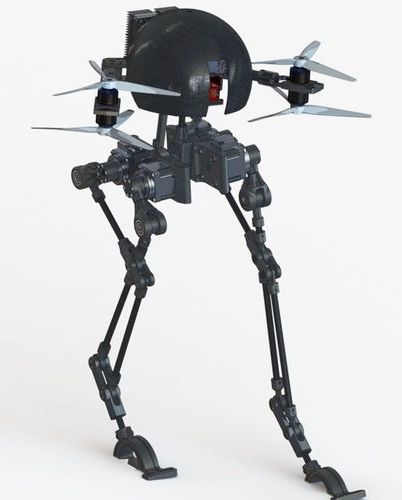

NASA’s Jet Propulsion Laboratory says it does not expect to receive any more transmissions from the MarCO CubeSats that accompanied the Insight lander to Mars last year. The two tiny spacecraft, which relayed Insight’s descent signal back to Earth in real time, have not been heard from in more than a month.
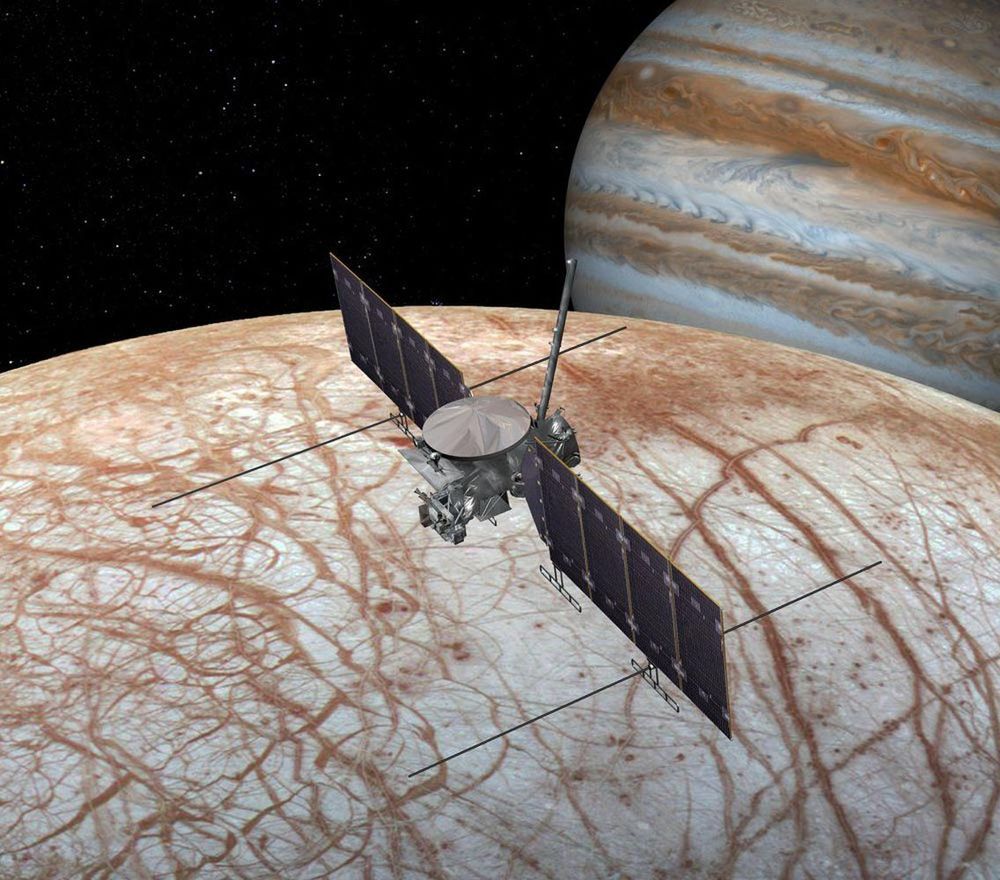
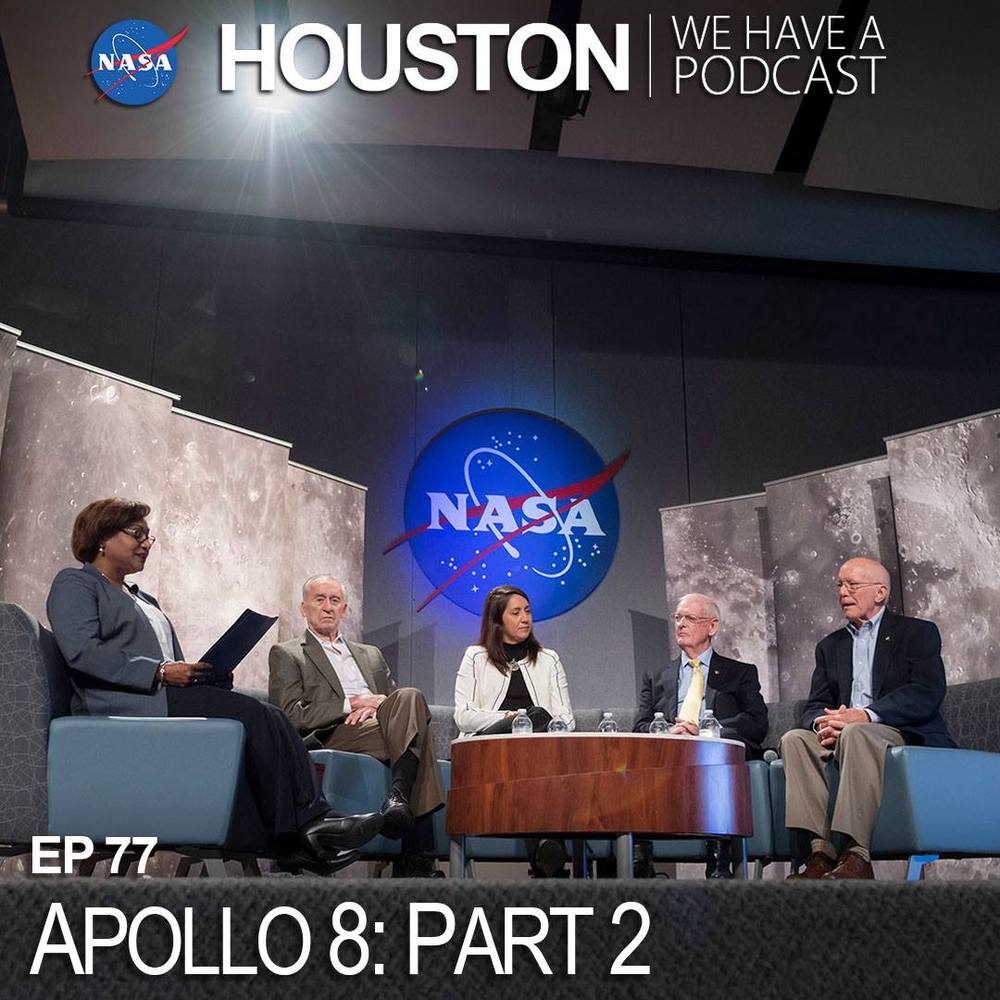
Vanessa Wyche, deputy director of the Johnson Space Center, leads a panel discussion with key players of the Apollo program to learn critical lessons that can be applied to NASA’s future human spaceflight missions to the Moon and Mars. https://www.nasa.gov/johnson/HWHAP/apollo-8-part-2
